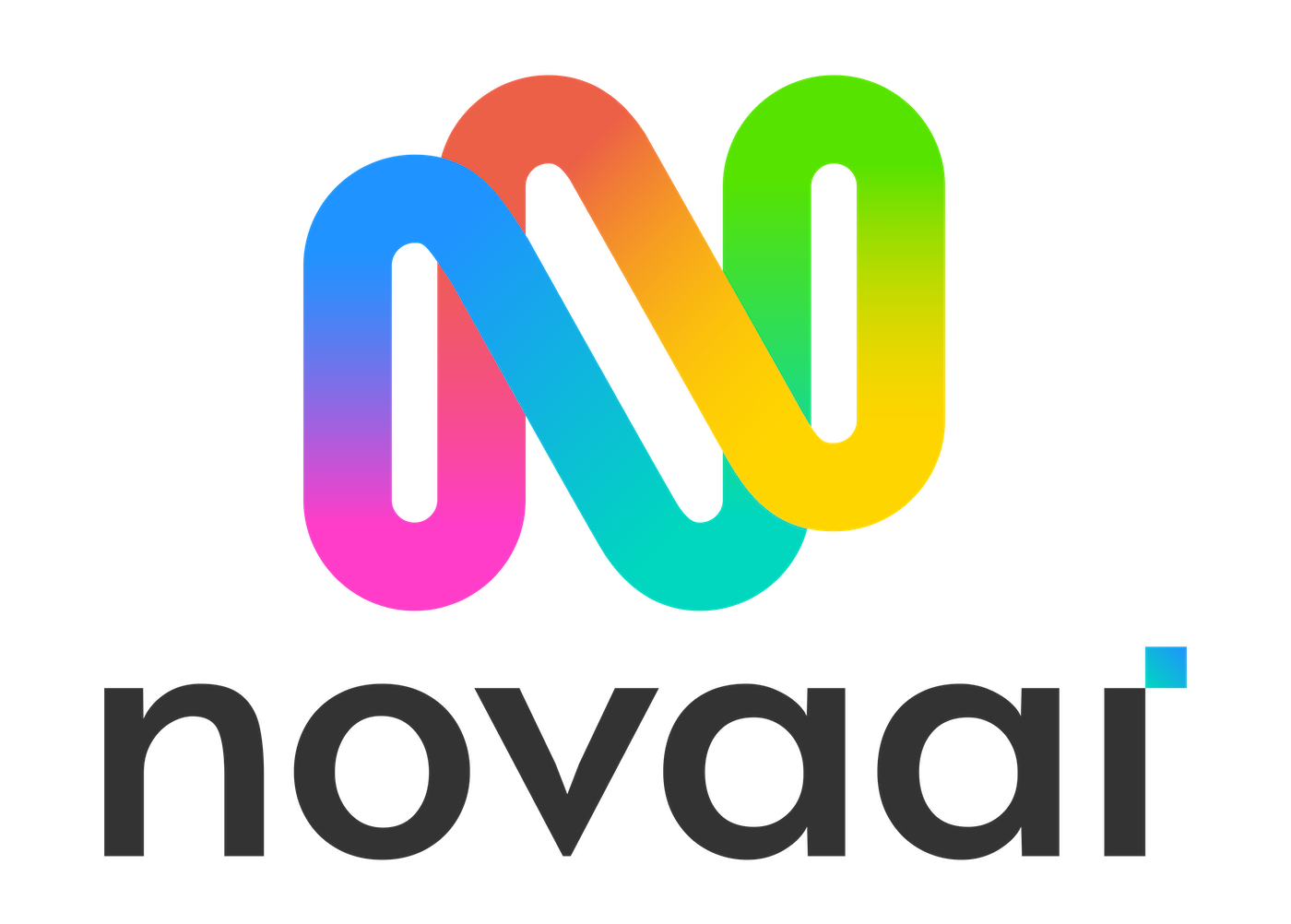In the fast-paced world of healthcare, the advent of artificial intelligence (AI) as a patient representative marks a significant leap towards redefining patient care and communication. This innovative use of technology is not just a futuristic concept but a present-day reality that is reshaping how healthcare providers interact with their patients, ensuring that every patient’s voice is heard, understood, and valued.
AI-powered patient representatives are designed to bridge the communication gap between healthcare providers and patients. By leveraging sophisticated algorithms and natural language processing, these AI systems can understand, respond, and engage with patients in a manner that mimics human interaction, but with the added benefits of speed, accuracy, and availability around the clock. This 24/7 accessibility ensures that patients can receive immediate responses to their inquiries, schedule appointments, and get pre-consultation advice, irrespective of the time of day.
One of the most remarkable aspects of using AI in this capacity is its ability to handle multilingual communications effortlessly. In a globalized world, the ability to communicate in a patient’s native language is invaluable. It not only improves the quality of interaction but also instills a sense of comfort and trust in patients. This multilingual capability is especially crucial in healthcare tourism, where patients often seek medical assistance outside their home countries.
Furthermore, AI patient representatives can analyze vast amounts of data from previous patient interactions, enabling them to provide personalized and informed consultation. This data-driven approach helps in identifying patient needs and preferences, facilitating a more customized healthcare experience. For instance, by analyzing past consultations, AI can guide patients more effectively, provide relevant information, and even assist in the preliminary diagnosis, thereby streamlining the patient journey.
However, the role of AI in healthcare is not to replace human interaction but to enhance it. By automating routine tasks and handling initial patient interactions, AI allows healthcare professionals to focus on more complex and sensitive cases, thereby improving overall healthcare delivery. The empathy and understanding inherent in human interaction remain paramount, and AI serves to complement these by ensuring that the administrative and preliminary aspects of patient care are managed efficiently and effectively.
As we look to the future, the integration of AI as a patient representative in healthcare is set to become more prevalent. With continuous advancements in AI technology, these systems will become even more sophisticated, offering deeper insights and enabling healthcare providers to deliver care that is not only efficient but also more empathetic and personalized. The journey towards AI-enhanced healthcare is just beginning, and it promises a future where technology and human compassion converge to create a healthcare system that truly centers around the patient.

